Elon Musk and the Controversies Surrounding X (Formerly Twitter)
Elon Musk and the Controversies Surrounding X (Formerly Twitter)
September 25, 2024: Since Elon Musk’s acquisition of Twitter in 2022, the platform, now rebranded as X, has faced numerous controversies, drawing both praise and criticism. Musk’s vision for X revolves around promoting free speech and reducing content moderation, but this has led to major concerns regarding disinformation, online safety, and platform management.

Changes in Blocking and Moderation
One of the more controversial changes was Musk’s announcement regarding the blocking feature. Previously, users could block other accounts to prevent them from seeing and interacting with their content. Under Musk’s leadership, the blocking feature was modified so that blocked users can still view public posts, though they are unable to engage with them. This sparked concerns about user safety and harassment, as many feel that blocking should prevent any form of unwanted interaction, including viewing content
Moreover, Musk’s preference for a more lenient moderation approach has been met with significant backlash, particularly in regions like Europe. The European Union has charged X with failing to meet its strict regulations regarding disinformation and illegal content. Under the EU’s Digital Services Act (DSA), X could face massive fines for allowing false information to spread unchecked. The platform has been particularly criticized for its “blue check” verification system, which was initially designed to verify public figures but has since been opened up for purchase, leading to impersonations and further dissemination of misleading information
International Scrutiny and Legal Issues
X has not only faced criticism in Europe. In Brazil, the platform was temporarily blocked due to similar concerns about disinformation. Additionally, international regulatory bodies continue to monitor how X handles misinformation, hate speech, and data privacy.
Musk’s decision to limit access to X’s data for researchers and media organizations further intensified the scrutiny. The platform’s new policies have complicated efforts to track the spread of harmful content, raising alarms among regulators who argue that these changes prioritize engagement over user safety
Musk’s Philosophy and Vision
Elon Musk has repeatedly stated that his primary motivation for acquiring Twitter was to protect free speech. He believes that the platform had previously been too restrictive in its moderation policies, and he has sought to create an environment where open dialogue can thrive. However, his approach has raised difficult questions about where to draw the line between free speech and the protection of users from harmful content. Musk’s often unpredictable management style, combined with controversial decisions, has left many wondering how X will evolve under his leadership.
As X continues to face legal challenges and public outcry, the platform remains at a crossroads. Whether Musk’s vision will ultimately succeed in creating a balanced space for free expression while ensuring user safety is still up for debate, but the controversies show no sign of slowing down. The way X handles these issues in the coming months will likely determine its long-term reputation and viability in an increasingly regulated digital world.
Remember to visit our blog to stay updated on the latest happenings in South Florida and other interesting news at B2B-Live.com.
